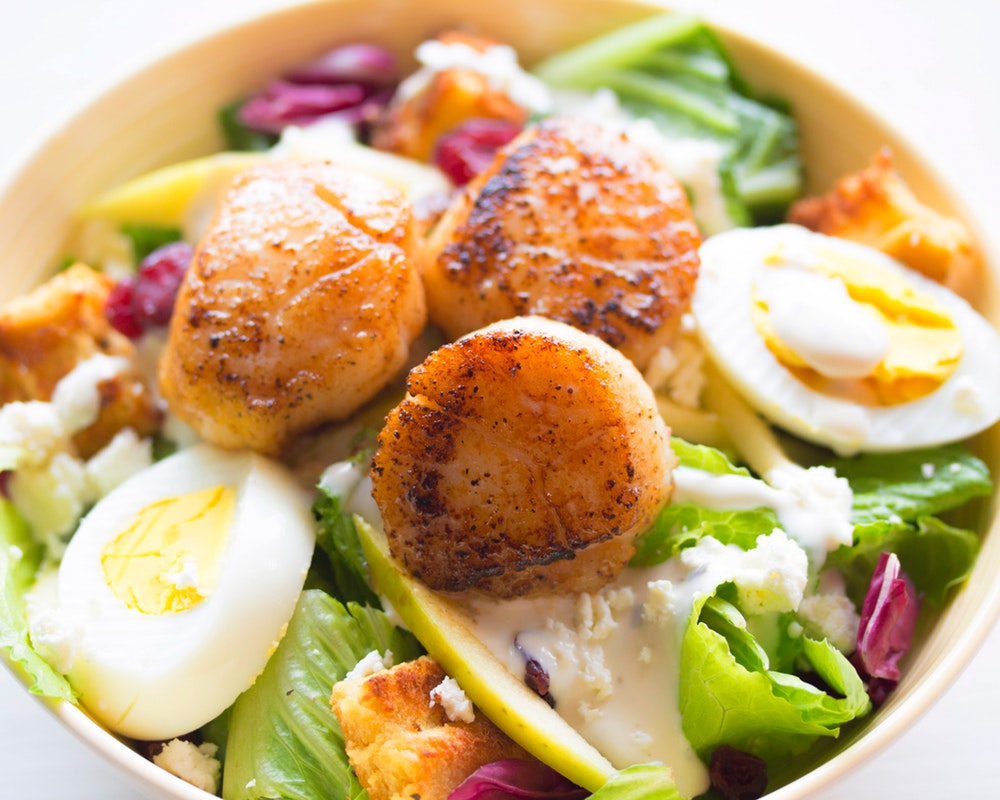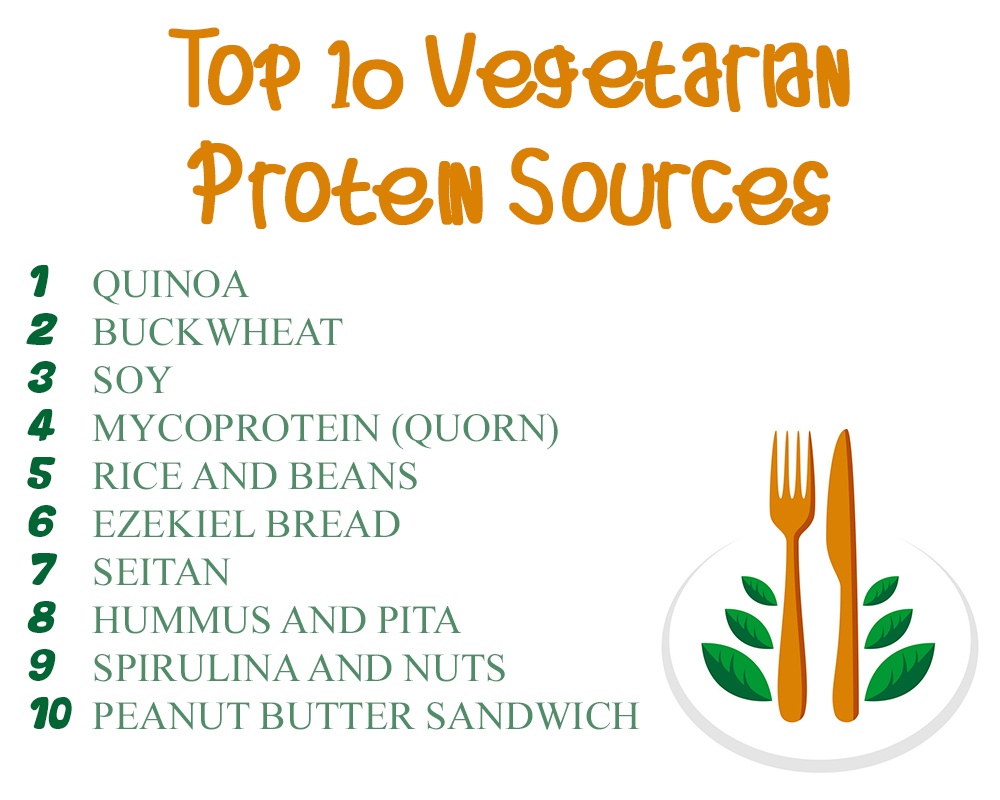
Vegetarian diets can be a major challenge for a lot of vegetarian diet beginners. Aside from the new diet and food items being introduced into the body’s overall system, it is extremely difficult to get enough protein. Protein is a naturally occurring mineral in meats, poultry, and other dairy products. Unfortunately, these food items are mostly not some types of vegetarian diet. Advances in science and technology, though, have made it possible for scientists to identify vegetarian protein sources to help those lessening their meat intake get enough protein.
Health Benefits and Justification on the Importance of Protein Intake
Protein is very important to the human body. It leads in the development and growth and muscles and helps our body in a multitude of ways. Protein is essential in metabolism and in overall health and wellness. Being a vegetarian can provide some challenges in getting these much-needed proteins. This can be a cause for concern as these proteins have the following health benefits:
-
Enhances the Development of Muscle Mass
As people age, they naturally become weaker and have a slower metabolism. This weakness can only be addressed by consuming more protein-rich food products and supplements on top of increased physical activity.
-
Improves Metabolism
Consuming enough protein can actually aid in the body’s improved metabolism as protein takes more effort from the body to digest. This means fewer hunger pangs and cravings as you tend to feel “full” with a protein-rich diet.
-
Protein Intake can Help Burn Calories
When consumed in the right quantities, protein-rich foods can help your body burn calories even while at rest. Protein in the system encourages the burning of calories even when sitting still.
Top Ten Vegetarian Protein Sources
Protein has been established as an essential mineral in the development and growth of muscles and by going vegetarian, there is a big chance that protein intake may not be sufficient or enough to promote muscle growth and development. Thankfully, there are ten (10) vegetarian protein sources that are rich in protein and these are listed below:
1. Quinoa
A cup of quinoa can provide eight (8) grams of protein and is an excellent carbohydrate substitute for pasta and rice meals. Quinoa can also be used as a meat substitute in the beef chili pepper recipes using quinoa instead of ground beef.
2. Buckwheat
This rhubarb contains six (6) grams of protein per one (1) cup. People may be familiar with buckwheat as the “wheat” the Japanese use to make “soba” or Japanese noodles but this nutritious food item actually has health benefits other than being protein-rich and these are helping in blood circulation, lowering blood cholesterol and managing blood sugar level.
3. Soy
Soy can provide up to ten (10) grams of protein per half a cup of serving and is considered a complete protein. Tofu, one of the most popular forms of soy is among the main meat substitutes for vegetarians. It is better to go for firmer tofu as the firmness also equates to higher levels of protein.
4. Mycoprotein (Quorn)
This protein-rich food product may have been originally conceived to help fight famine and food shortages, but it has proven to be a protein-rich alternative to meats with thirteen (13) grams of protein per half a cup of serving. Aside from the obvious advantages of quorn in terms of providing enough proteins for vegetarians, quorn is just undeniably a tasty and versatile food product.
5. Rice and Beans
Rice and beans provide around seven (7) grams of protein per a cup of serving and they are also the cheapest and one of the most vegan-friendly meals available the world over. They can also be mixed in with other proteins such as chickpeas and quinoa to further boost the protein content of this nutritious food.
6. Ezekiel Bread
Ezekiel bread is extraordinarily healthy and nutritious, providing eight (8) grams of protein per two (2) slices. Plus, it contains tons of fiber and vitamins. It also contains all the essential amino acids and helps aid in better digestion.
7. Seitan
Twenty-one (21) grams of protein per ⅓ cup of serving is saying a lot in terms of the protein provided by Seitan. Originally conceptualized by the ancient Chinese Monks, this food item is extremely tasty when mixed with soy sauce as it gives vegetarians a very meaty flavor.
8. Hummus and Pita
A great protein rich and tasty combination, hummus and pita can provide vegetarians with seven (7) grams of protein per one (1) whole pitta bread and two (2) tablespoons of hummus. Pita made from wheat has similar protein-rich properties as rice. Hummus made from chickpeas can actually be experimented on to come up with other combinations. Mixing hummus into beans like cannelloni and edamame can further improve and increase the protein content of the dish.
9. Spirulina and Nuts
Spirulina with nuts can provide vegetarians with four (4) grams of protein per one (1) tablespoon of serving. This combination may not be a complete protein but it can be mixed in with other food items such as grains or seeds to get the complete amino acids needed to ensure that vegetarians get their daily protein requirement.
10. Peanut Butter Sandwich
This classic food combination can provide fifteen (15) grams per two (2) slices of loaf bread with two (2) tablespoons of peanut butter. A peanut butter sandwich is easy to prepare and never fails to bring a smile to the face of anyone wanting a filling and healthy snack. People may argue that this particular snack is high in calories. But it also has a lot of healthy fats with all the essential amino acids with them.
The types of food mentioned on this list are vegetarian. But non-vegetarians can enjoy them and their benefits as well. One may notice that these protein-rich vegetarian protein sources are also low in calories. Plus, they’re healthier choices compared to any fast food items and other processed food.
